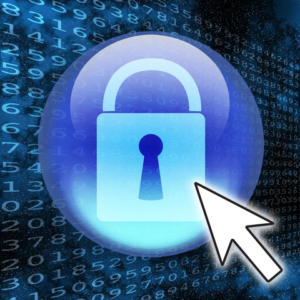Post Holiday Online Shopping Security
When it comes to online security, don’t let your guard down just because the holiday shopping frenzy has passed. In fact, this may be the very time to put your guard up even higher.
 Though it’s smart to have your radar on for the scammers during the holidays, the scammers don’t exactly go slithering back under their slimy rocks once the New Year is here. So here’s how to be safe online during, and after, the holiday season.
Though it’s smart to have your radar on for the scammers during the holidays, the scammers don’t exactly go slithering back under their slimy rocks once the New Year is here. So here’s how to be safe online during, and after, the holiday season.
- Never click a link inside an e-mail. Better yet, delete, without even opening, any e-mails with subject lines promising great offers, gifts, prizes, money or other hyped-up things.
- If you don’t see the “https” before the Web address in the address bar, the site is not secure. A secure site always has “https” preceded by a padlock symbol.
- Be suspicious of “too good to be true” offers that are tweeted or messaged through social media.
- Do you shop on eBay? Then shop on eBay, not through e-mails supposedly sent by eBay. These are scams.
- Speaking of eBay, always review the feedback of the seller.
- Another thing to look for is the domain name of anything you received via e-mail. Scammers typosquat or cybersquat on legitimate domains.
- You can upgrade your protection by doing your online shopping only with reputable, well-known retailers. Though some purchases will be an exception (e.g., home-baked chocolate chip cookies), other purchases like electronics, appliances, linens and consumables should be purchased from trusted merchants.
- Shop online only when your connection is secure; Unless you use a VPN, never shop in cyberspace from a hotel’s, airport’s or café’s Wi-Fi connection. And make sure your computer’s security is always updated.
- Never use a debit card online, because if a scammer takes your money, it will be gone that instant from your checking account. With a credit card, at least you won’t have to pay the bill if the fraud is reported within 60 days.
- Never make an online purchase with your checking account—this means money being withdrawn before you receive the product…that you might never receive anyways.
- Check credit card statements every two weeks if it’s set up online, and check every paper statement.
Robert Siciliano is an identity theft expert to BestIDTheftCompanys.com discussing identity theft prevention.


























